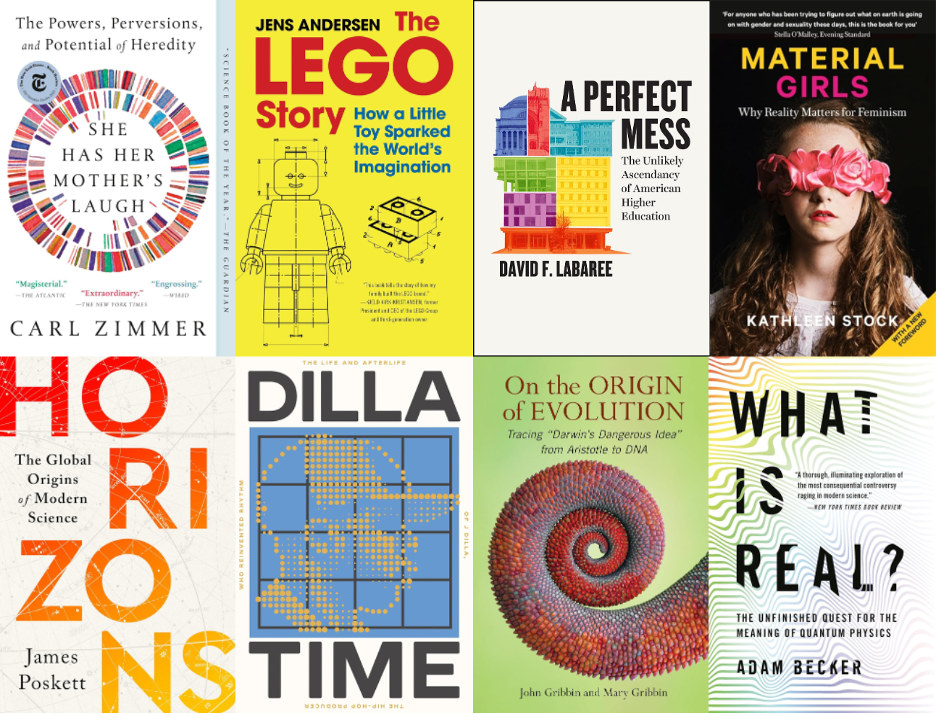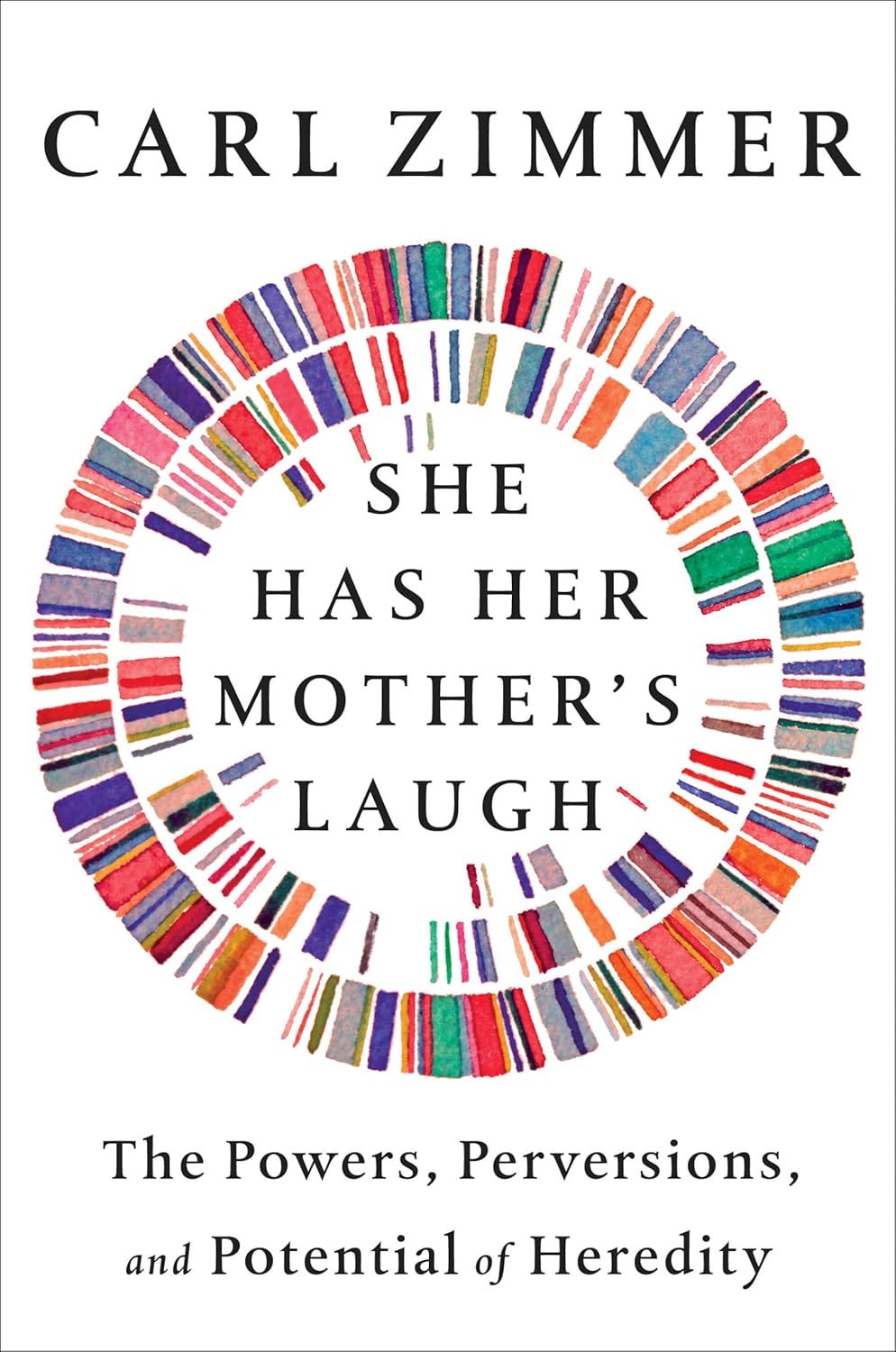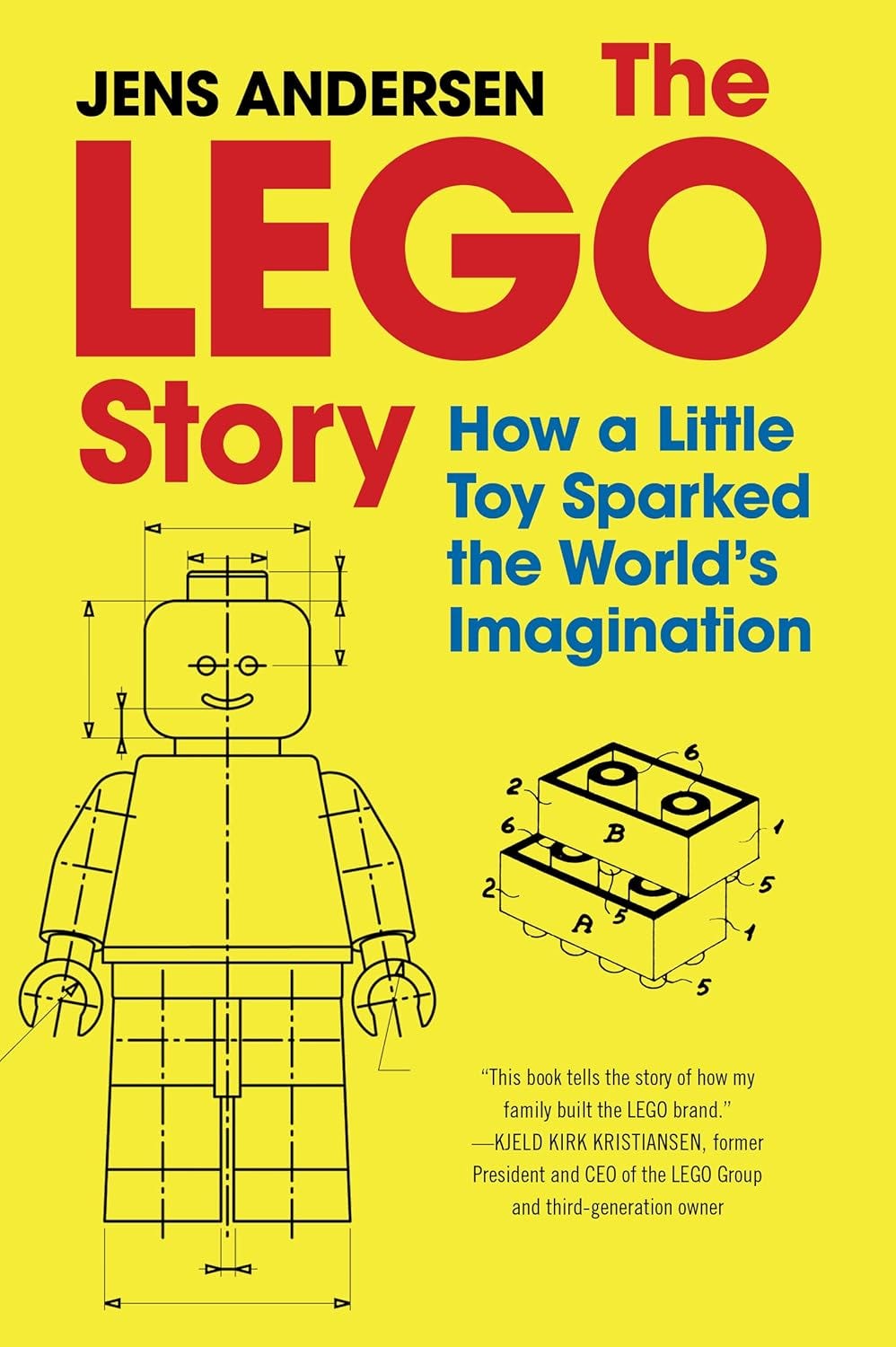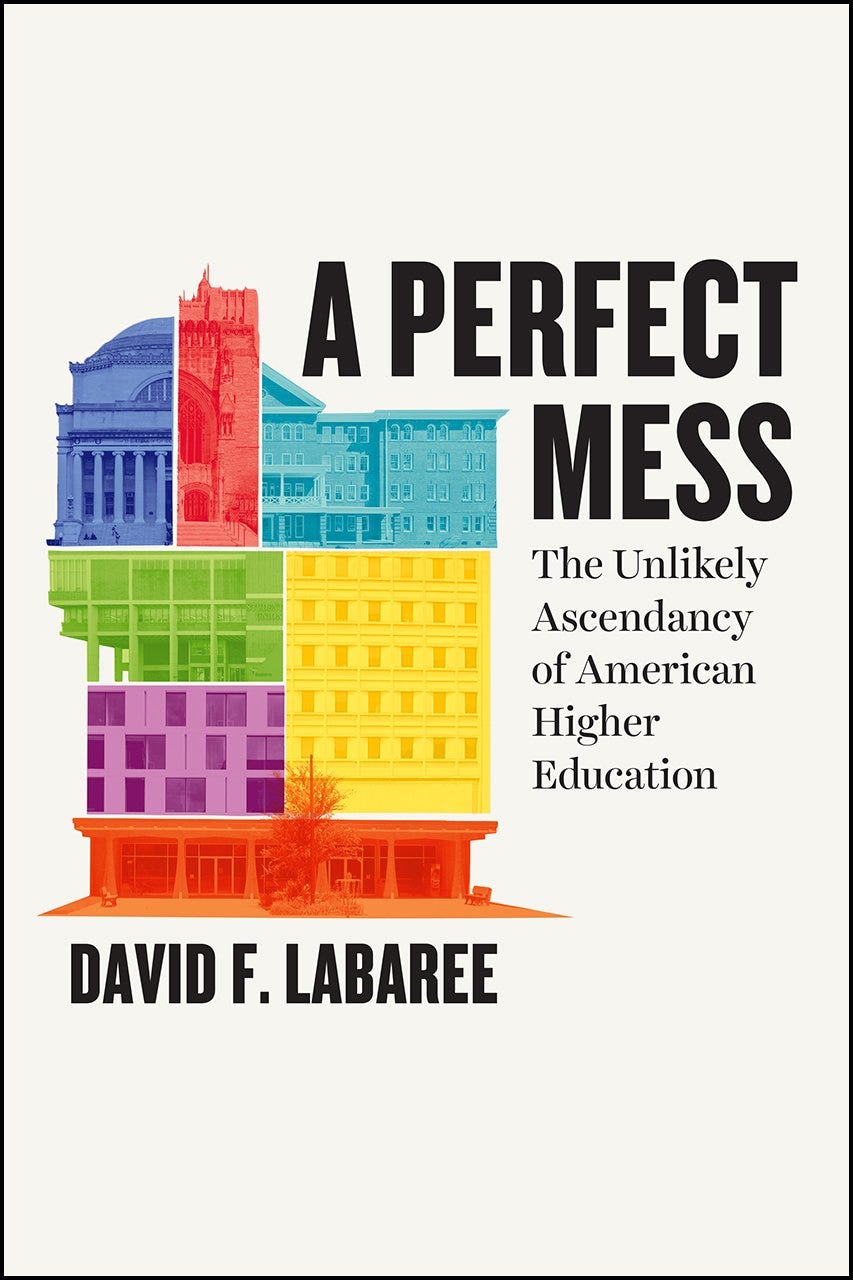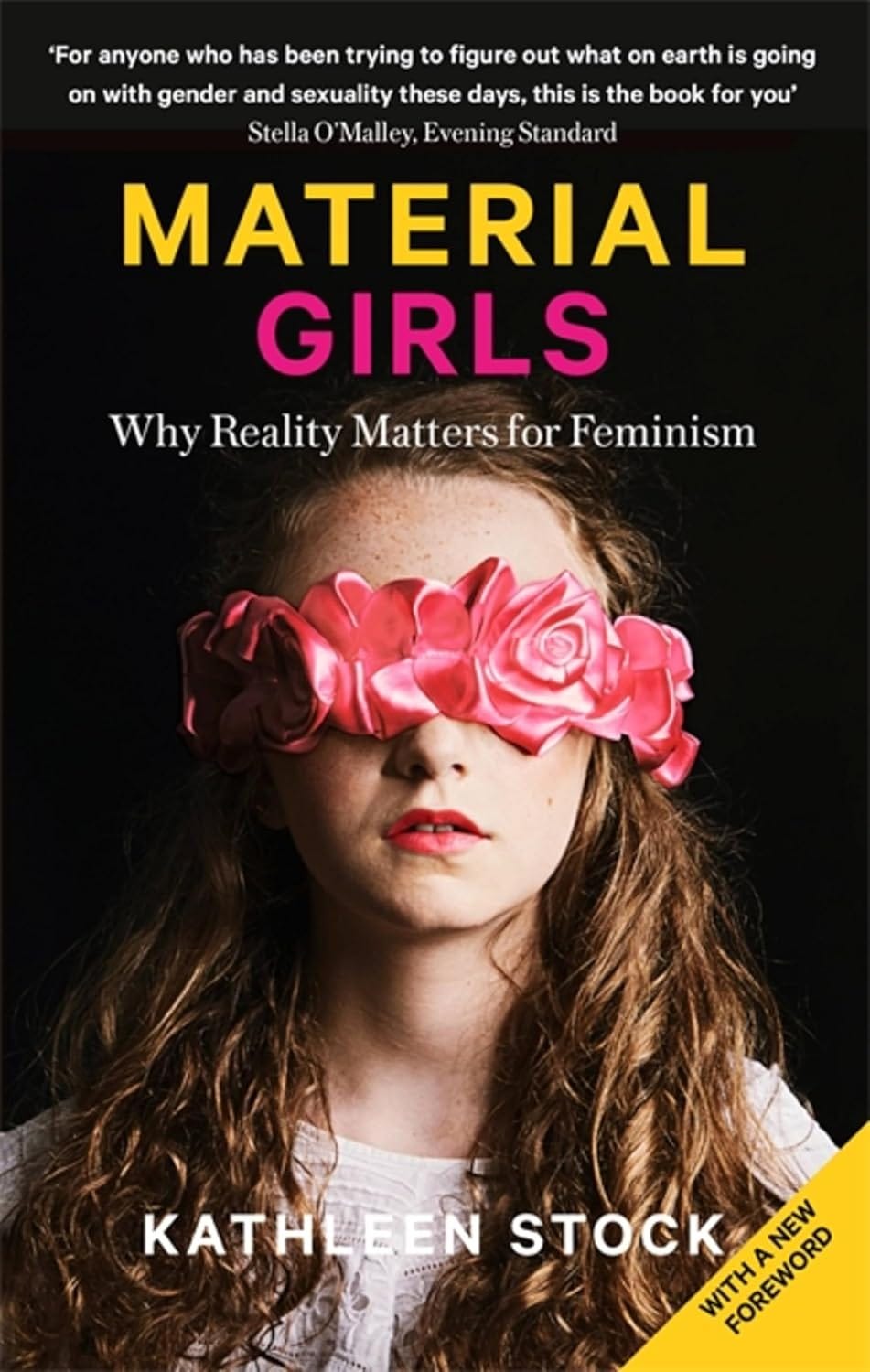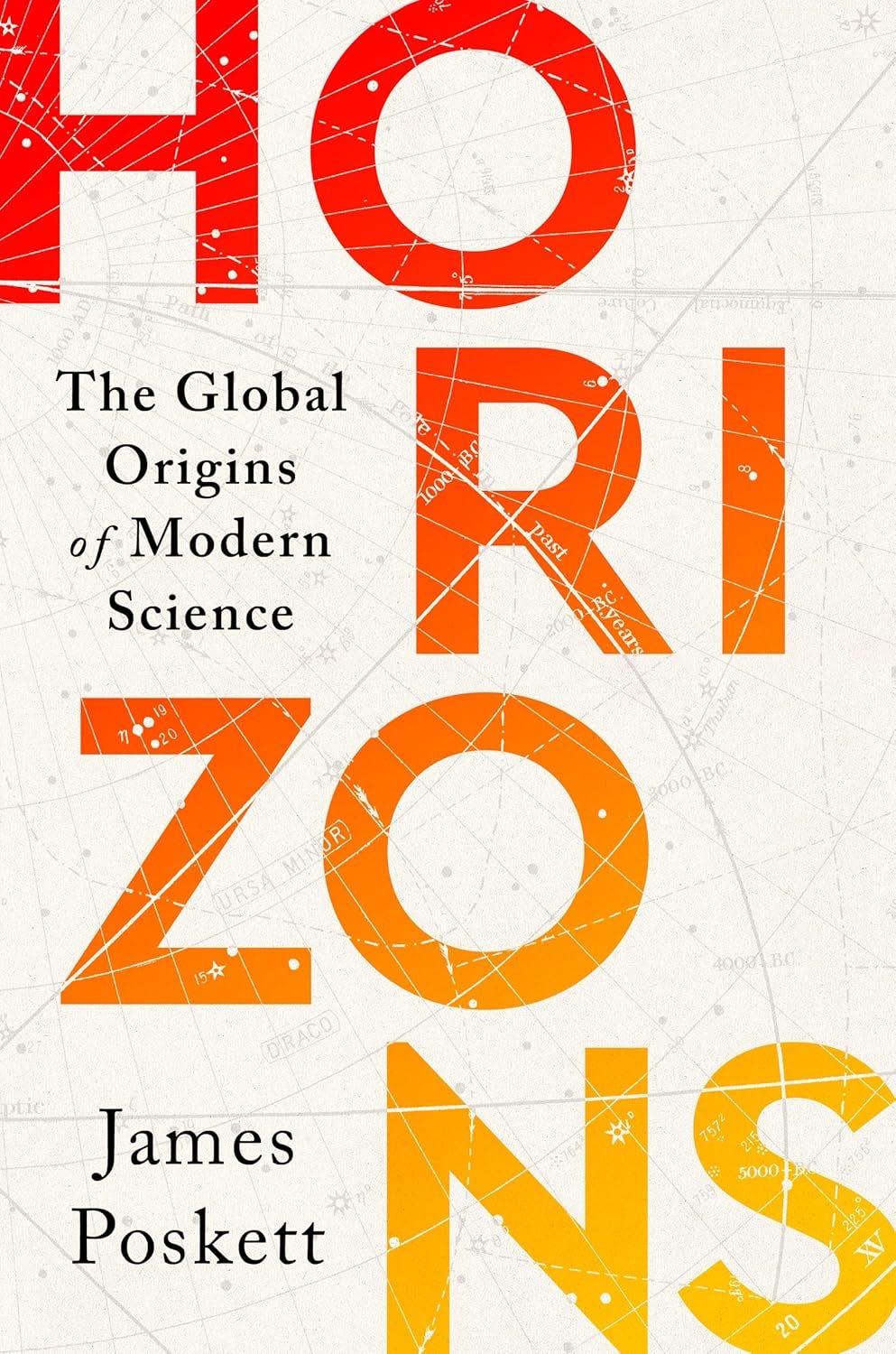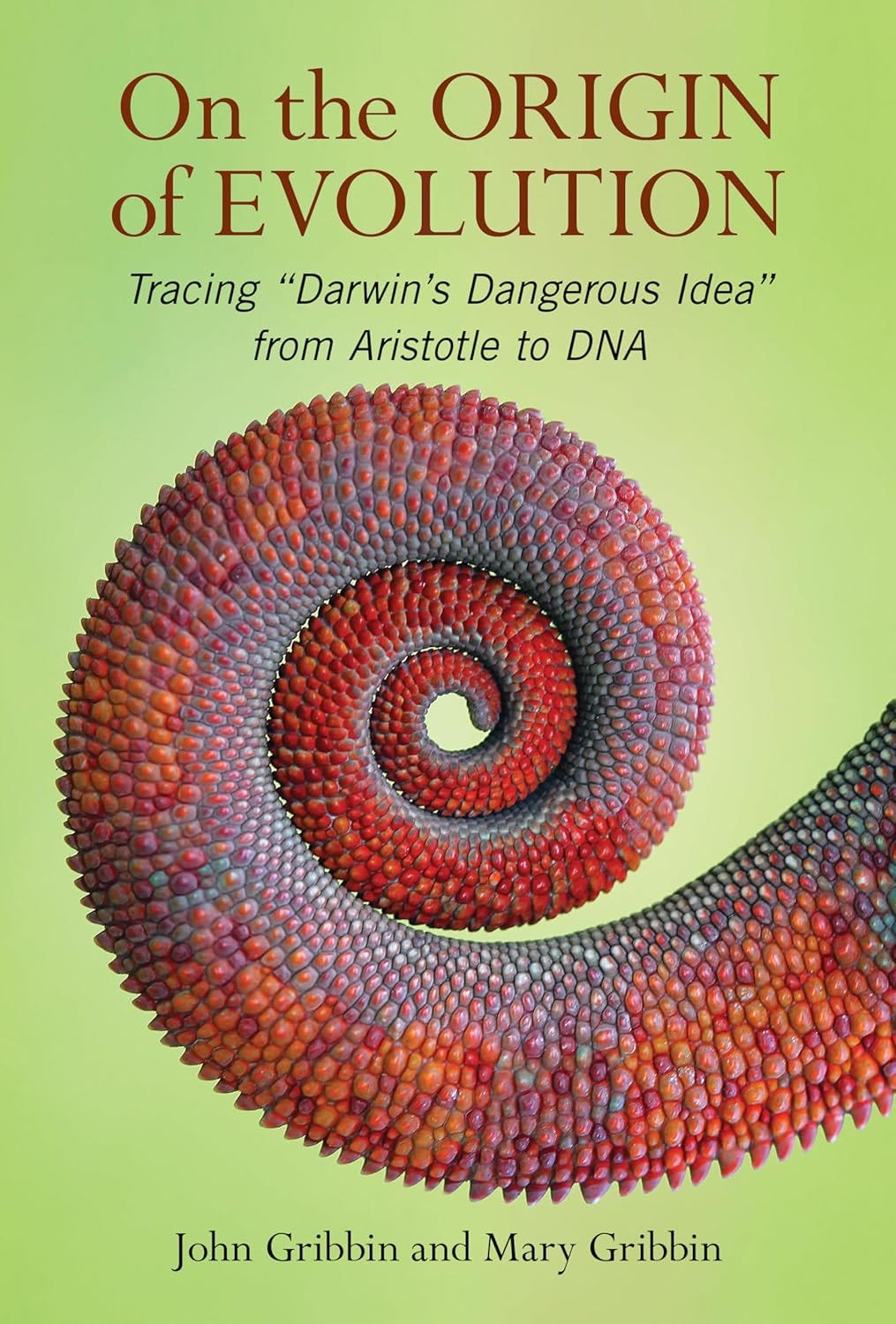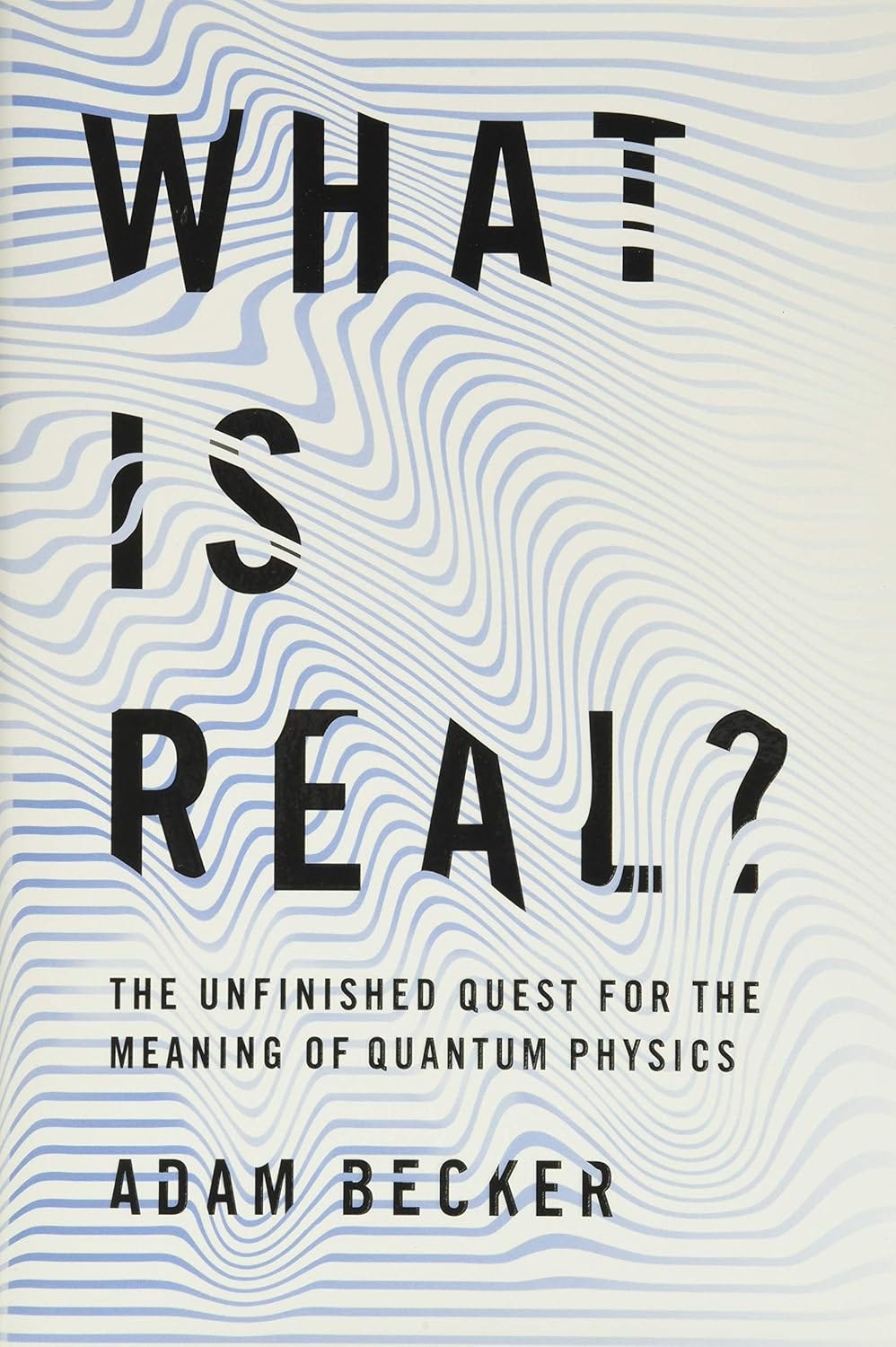Great ideas are what make us human. While we’re often on the receiving end of these great ideas, less often do we take the time to learn how great ideas came to be. The thinkers braving new intellectual ground, the experimentation, the dreams – the mistakes – that culminate in changing the course of history. This month, I’ve put together a collection of books that span a wide range of ideas: heredity, LEGOs, American universities, feminism, modern science, hip-hop, evolution, and quantum physics.
Happy reading!
She Has Her Mother's Laugh: The Powers, Perversions, and Potential of Heredity
By Carl Zimmer | Published 2018 (Dutton)
The excellent science writer Carl Zimmer presents a sweeping history of heredity in She Has Her Mother’s Laugh by weaving together research, sociology, and policy. This is an excellent and engaging book to get a comprehensive view of how people have thought about genetic inheritance – and the social and policy decisions that followed from such knowledge. This is a perfect book if you’re new to understanding heredity or if you’ve read a lot about behavior genetics yet have limited knowledge of the complex history surrounding genetics over the past century.
The LEGO Story: How a Little Toy Sparked the World's Imagination
By Jens Andersen | Published 2022 (Mariner Books) | Read my review
The LEGO Story is a rich, detailed chronicle of how a tiny Danish carpentry shop evolved into one of the most iconic toy brands in the world. Starting with Ole Kirk Christiansen’s woodworking business in early 20th-century Billund, Denmark, the book traces LEGO’s unlikely rise—from humble wooden toys during the Great Depression to the now-ubiquitous plastic brick that officially launched in 1958. Along the way, we learn that LEGO’s famous brick wasn’t entirely original—borrowed and then improved from a British design—but what the company built around it was revolutionary: a system of play rooted in creativity, learning, and imagination. It’s a great read but also a beautiful book product.
A Perfect Mess: The Unlikely Ascendancy of American Higher Education
By David F. Labaree | Published 2017 (University of Chicago Press)
This book gives the best historical overview of the US higher education system that I’ve read to date. This succinct book explains the fundamental contradictions that define our education system: It both affords access to the highest proportion of students anywhere in the world, while preserving social privilege and increasing inequality; it is both populist by promising social mobility to all, and elitist by maintaining a clear hierarchical tier of selectivity and advantage; and, it’s best viewed as a public good to society, while being best viewed as a private good to the individual. This is a must read to understand how our “perfect mess” came to be one of the greatest university systems in the world.
Material Girls: Why Reality Matters for Feminism
By Kathleen Stock | Published 2022 (Fleet) | Read my review
The discourse around sex, gender, and feminism today feels impossible to escape—and often just as impossible to navigate. In Material Girls: Why Reality Matters for Feminism, philosopher Kathleen Stock steps into this fraught terrain with clarity, precision, and a willingness to engage ideas many are afraid to touch. Instead, it’s a measured, accessible look at how we arrived at today’s cultural moment. Stock traces the evolution of gender theory, untangles complex philosophical threads, and lays out competing frameworks for understanding sex and gender identity—all before articulating her own view: that sex matters for feminism, and that we need a clear, reality-based approach to identity. It’s an excellent book not only for today’s moment but also for a deep historical understanding of feminism.
Horizons: The Global Origins of Modern Science
By James Poskett | Published 2022 (Mariner Books) | Read my review
Most science histories start in 16th-century Europe, with Copernicus and Newton as the stars. But Horizons: The Global Origins of Modern Science zooms out to tell a much broader story Poskett does not deny the great contributions of European scientists in the last 500 years – Copernicus, Newton, Darwin, and Einstein still discovered what they did, for instance. What Poskett does do, however, is give a fuller and richer context as to how these scientists – but also myriad others across the globe – made great discoveries and contributions to the scientific revolution and beyond. Horizons adds context that has been missing in the telling of modern science’s story.
Dilla Time: The Life and Afterlife of J Dilla, the Hip-Hop Producer Who Reinvented Rhythm
By Dan Charnas | Published 2022 (MCD) | Read my review
This is really two books in one: The biography of J DIlla’s life in and the history of music so you can situate J Dilla’s innovations within the context of music evolution. The history chapters cover the basics of music time – the thing that J Dilla manipulated – starting with straight and swing time, moving to machine time in the 1980’s when techno emerged in Detroit, then to innovations in machines to allow for sampling records more efficiently, through what is now known as Dilla Time – James Yancey’s primary legacy – through technological innovations allowing Dilla to warp time. J Dilla’s main innovation was breaking away from the repeatable consistency that had underpinned music forever. He created his own time, breaking down music into hyper-small components and putting the drums and samples in spaces that felt “rushed” or “off.” It created a whole new sound in hip-hop. By 2002 his ideas were everywhere. Dilla time had become so mainstream that everyone was doing it. If you love music and want to understand how one artist quietly changed the rules, Dilla Time is essential.
On The Origin of Evolution: Tracing ‘Darwin’s Dangerous Idea’ from Aristotle to DNA
By John Gribbin & Mary Gribbin | Published 2022 (Prometheus) | Read my review
While many of us know Darwin’s theory of natural selection and the race to publish after Wallace’s 1858 letter, the Gribbins remind us that evolutionary thinking didn’t begin in 19th-century Europe. In fact, the roots stretch back to ancient Greece, third-century BCE China, and 13th-century Persia. The book’s first section is its strongest, offering a global tour of early evolutionary ideas, including Zhuang Zhou’s musings on species change and Nasir-al-Din al-Tusi’s strikingly modern reflections on biological adaptation. The middle section recounts Darwin and Wallace’s better-known saga, while the final part connects evolution to the DNA revolution. This book will leave you with a richer, more global view of how we came to understand life’s grand changes.
What Is Real?: The Unfinished Quest for the Meaning of Quantum Physics
By Adam Becker | Published 2018 (Basic Books)
If you were to ask me what my favorite physics book is, Adam Becker’s What Is Real? would be it. Quantum physics isn’t an easy topic to understand, but beyond what quantum physics is, Becker asks what it all means. For most of us, our days are unencumbered by this question, but for more than a century, the world’s brightest minds have been debating the very meaning of it all. With key players like Einstein and Bohr, Becker takes you on an engaging and accessible journey through the history of what quantum theory means (or doesn’t). It’s a captivating journey that even newbies to physics can dive into.




